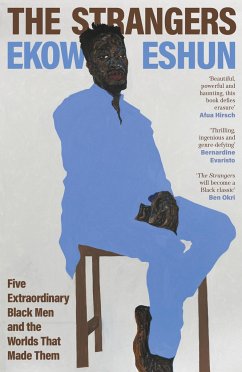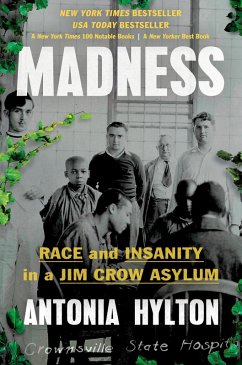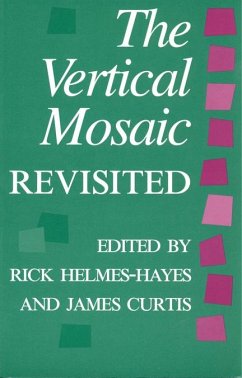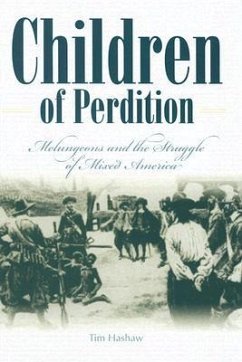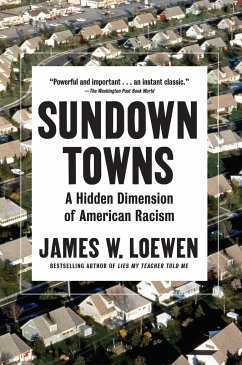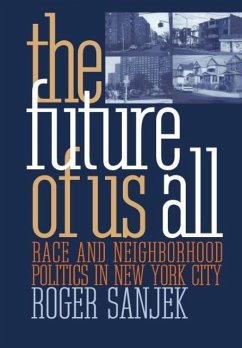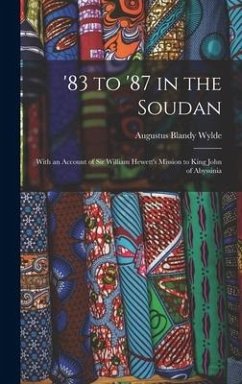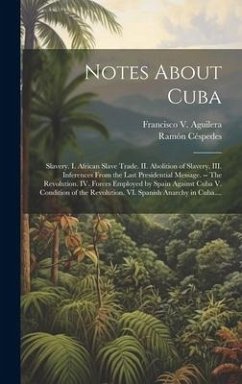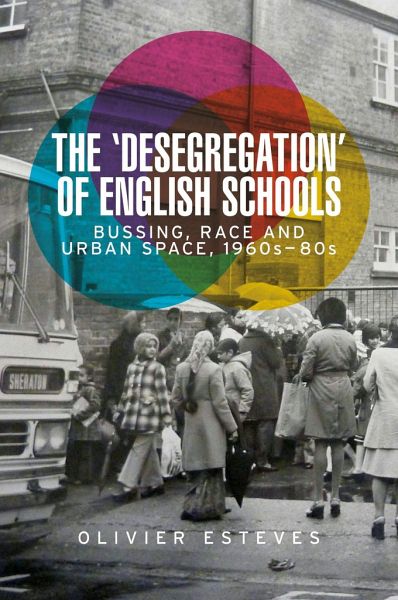
The 'Desegregation' of English Schools
Bussing, Race and Urban Space, 1960s-80s
Versandkostenfrei!
Versandfertig in über 4 Wochen
128,99 €
inkl. MwSt.
Weitere Ausgaben:

PAYBACK Punkte
64 °P sammeln!
Dispersal, or 'bussing', was introduced in England in the early-1960s after white parents expressed concerns that the sudden influx of non-Anglophone South Asian children was holding back their own children's education. It consisted in sending busloads of mostly Asian children to predominantly white suburban schools in an effort to 'spread the burden' and to promote linguistic and cultural integration. Although seemingly well-intentioned, dispersal proved a failure: it was based on racial identity rather than linguistic deficiency and ultimately led to an increase in segregation, as bussed pup...
Dispersal, or 'bussing', was introduced in England in the early-1960s after white parents expressed concerns that the sudden influx of non-Anglophone South Asian children was holding back their own children's education. It consisted in sending busloads of mostly Asian children to predominantly white suburban schools in an effort to 'spread the burden' and to promote linguistic and cultural integration. Although seemingly well-intentioned, dispersal proved a failure: it was based on racial identity rather than linguistic deficiency and ultimately led to an increase in segregation, as bussed pupils were daily confronted with racial bullying in dispersal schools. This is the first ever book on English bussing, based on an in-depth study of local and national archives, alongside interviews with formerly-bussed pupils decades later.






